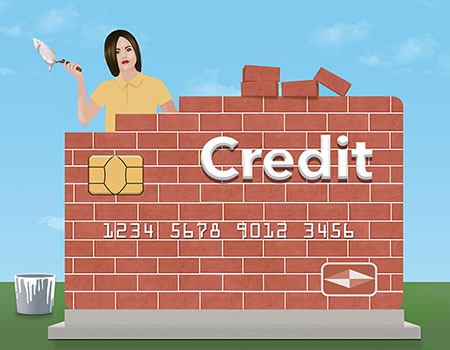Charge Off Removal

If you're struggling to make payments on your debt, it's important not let the creditor charge off those charges. When they do so, you may be tempted to simply stop paying and cross your fingers that every problem will go away. This is a bad idea because as long as an account remains open with unpaid balances in good standing for 180 days or more (known in finance circles as "uninvested"), the bank isn't obligated by law to report anything negative about any of their customers' credit reports.
No one wants to be penalized for something they didn't do. But, if you've been falsely accused of a crime and the police have an incorrect address on your record or some other false information listed about you on your criminal records then it can happen-and that's why maintaining accurate credit reports will help keep this from happening to anyone else.
Credit Repair of Miami helps people rebuild their credit. Their knowledgeable staff can help you fix erroneous information and dispute it with the appropriate agency for an accurate report that will make your life easier when applying for loans, opening a bank account or even renting an apartment in the future.
When companies have 30 days to respond, the charge-off gets removed from your credit report and you can prove that it happened. It will help if you use a charge-off expert because dealing with this task without their assistance is difficult.

